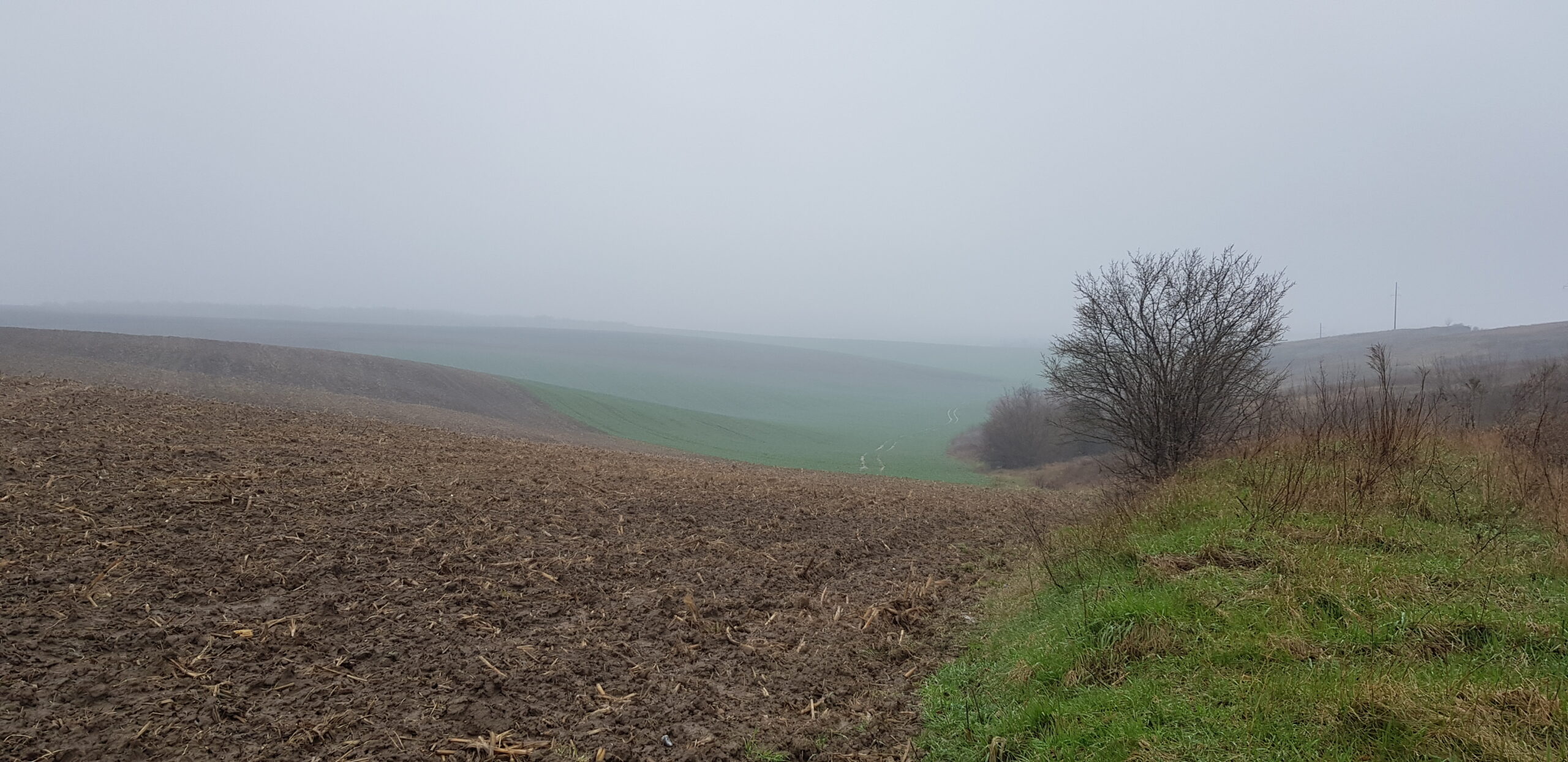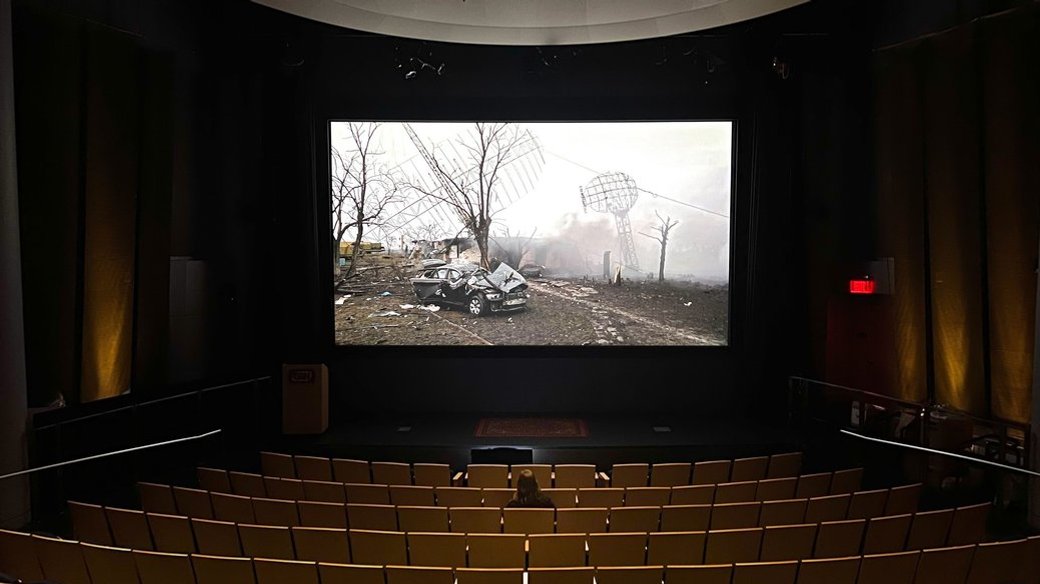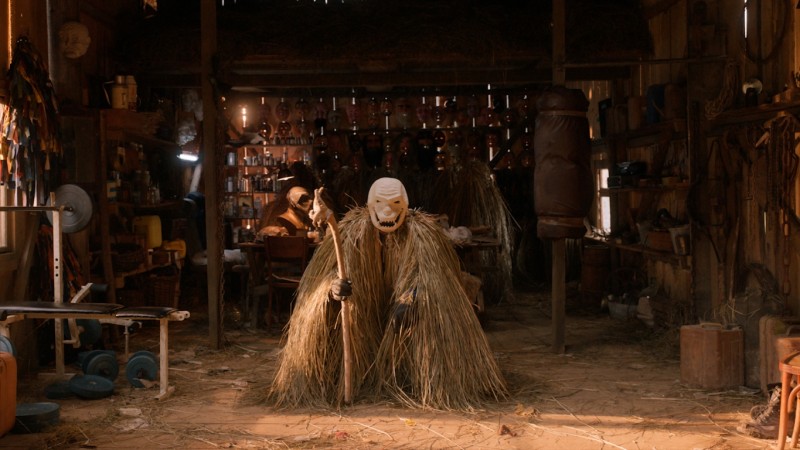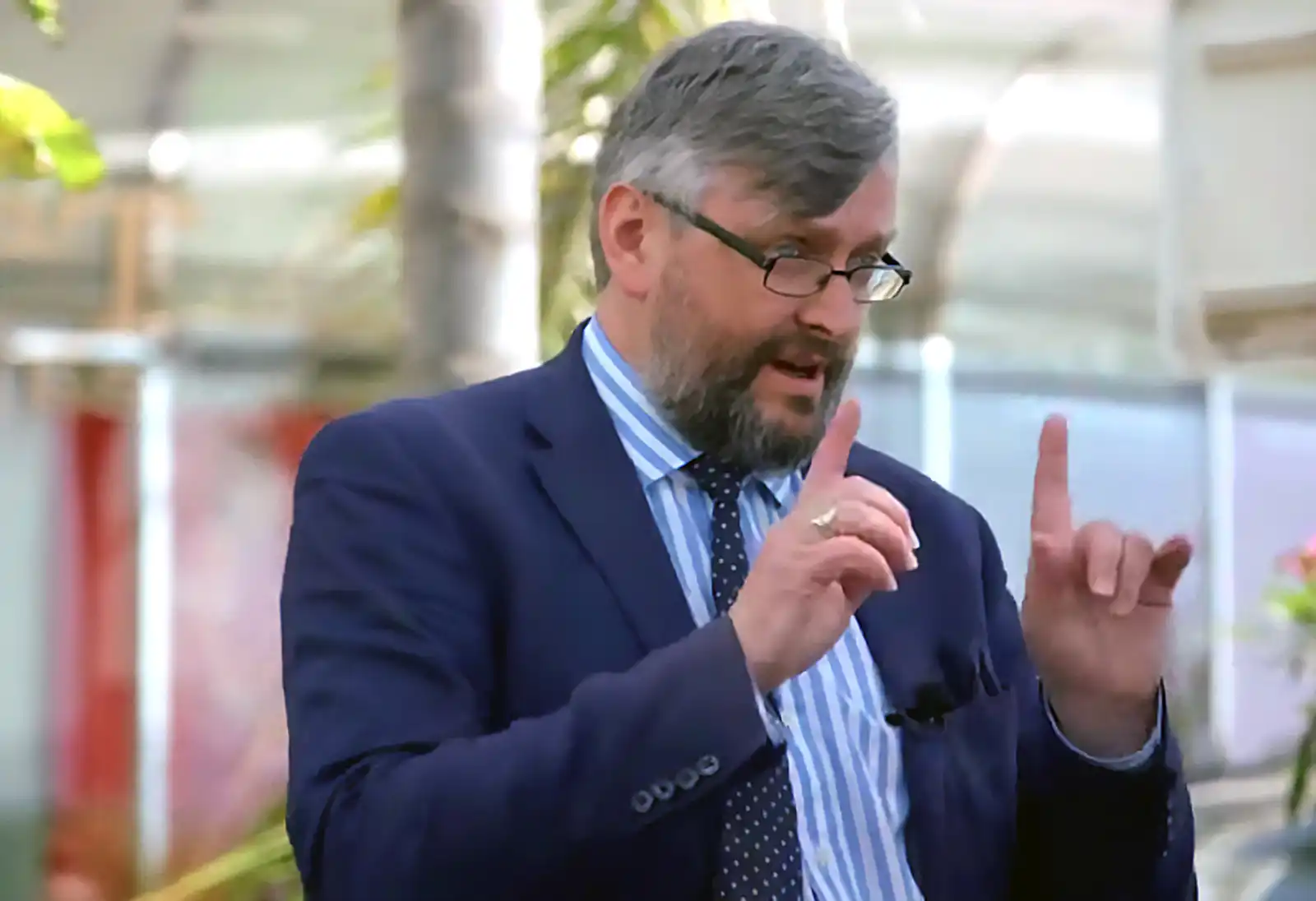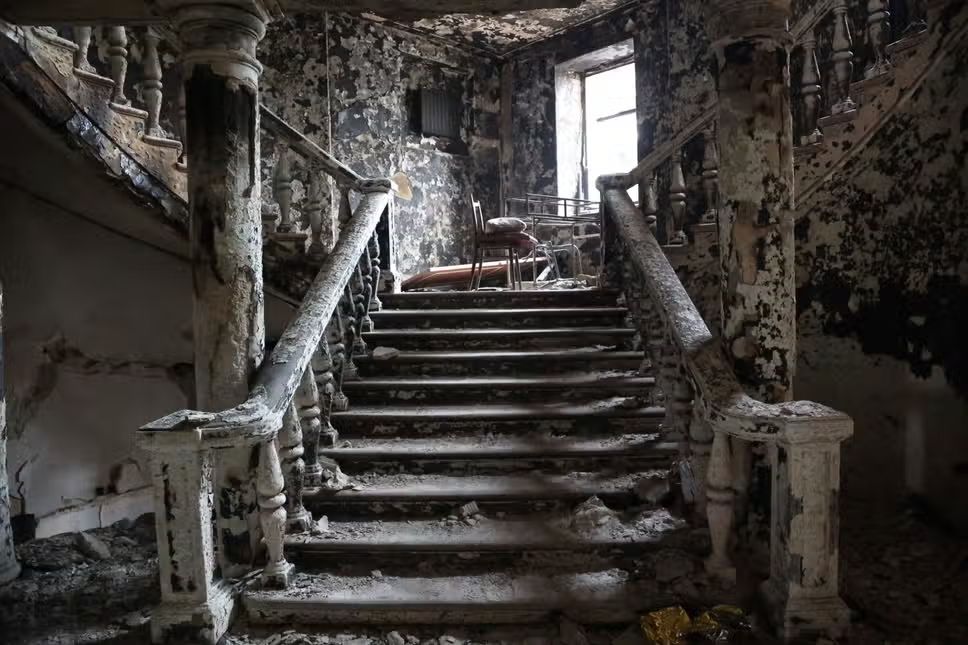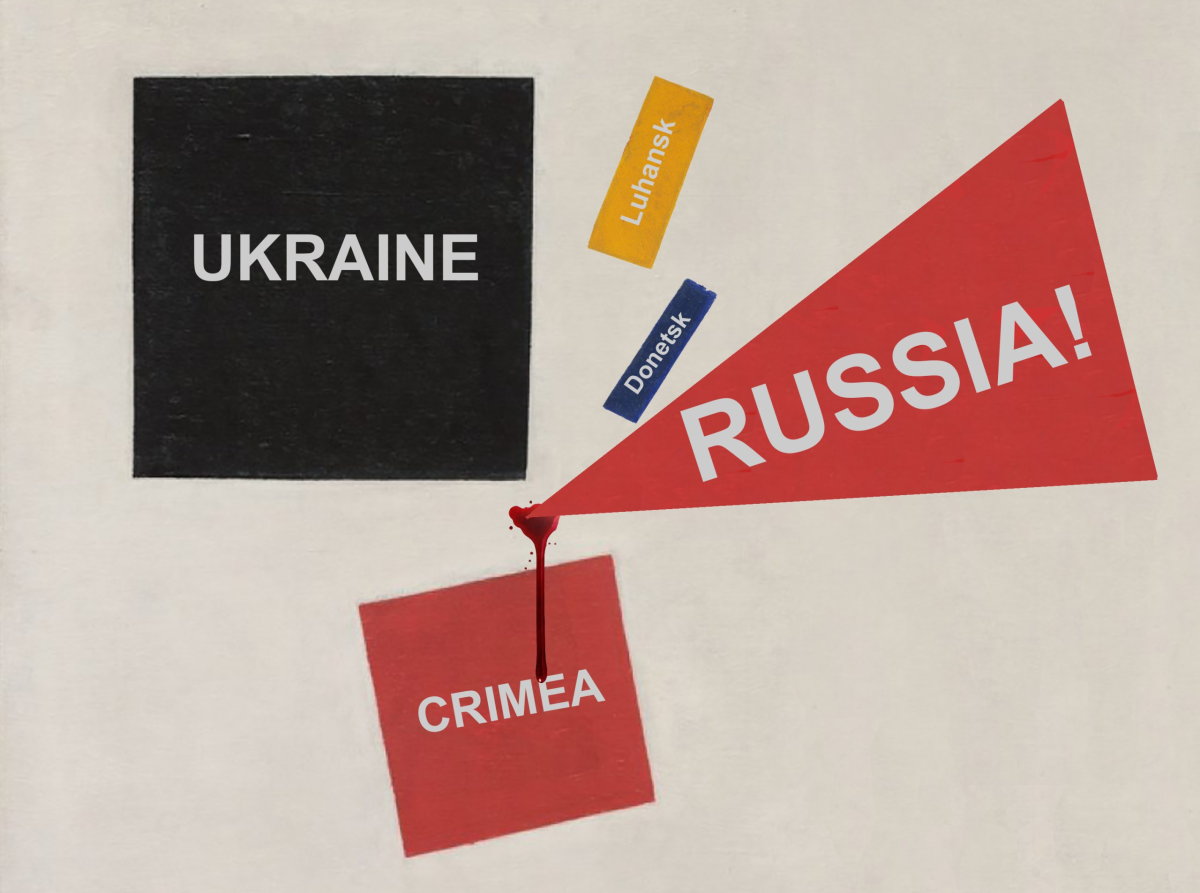April is the cruellest month, as we know.
I thought I was tired in April 2021. I quit the job to which I dedicated nine years of my life. There was a process of powerful burning and, consequently, a burnout; hours of speaking to a psychotherapist; plenty of tears and tons of conversations. At that time, I wasn’t alone, though. Exhaustion flew through the veins of my friends and colleagues, who took major part in civic changes after the Maidan revolution. The toxic black liquid of desperation filled our bodies instead of blood that was expected to deliver the oxygen to our organs. In seemed that all our efforts were vain. The burnout has become the common denominator for many people from my generation.
“After many reflections, talks, coffees, wines, hangouts, drinks, debates, chats, …prognoses, persuasions, resentments, disillusionment and fascinations of the last days, weeks, months and years, I would like to say the following.
We are all very tired.
Forgive us,” I wrote on my Facebook page to sum up the felling that all of us had. I was right, and then I read numerous commentaries from those who felt the same pain proved it.
April 2022 began with photographs from Bucha, liberated after the Russian occupation. I wondered how little had we really knew about pain, exhaustion, despair, anger and darkness, that seemed to settle in us from the February 24 and forever. “We will never have a proper rest, — a friend of mine told me then. — We have so much to do.”
Bodies of killed civilians were lying on the streets of a once peaceful suburb of a capital city with their hands tied behind their backs. They became a proof — neither the first one nor the last — of the war that Russia brought upon us. I think of those people every day. I think of mass graves found in Izium; I think of the stories of people — both alive and dead — in occupied Mariupol; I think of reports about torture chambers in Kherson and photographs of fields of grain shelled and burned by Russians.
In April 2023, I am writing this piece, with a broken heart that perhaps will never heal. I feel that there is nothing to heal anymore. At the beginning of the year, we buried our friend, a film editor, music enthusiast, incredible father and husband who died fighting in Soledar. Recently in Lviv, there was a funeral of a philosopher, culture researcher and translator who died in Bakhmut. Two months passed between these events, although Vitya and Yevhen died in December within a day. Between those events, words started to lose their meaning, the language seemed to hide in the corners of a tired mind, and writing stopped making any sense. Between those events, there were happiness and grief, warm encounters and painful breakups. There was a lot of life and a lot of death.
Although it seems like a number of vague and metaphorical phrases, this may describe an almost physical experience of a personal every-second living through the war.
Can I say that I was very tired?
Others are tired much more than me. Mothers and grandmothers with children, surviving through cold February nights on the borders; men and women who did not know whether they would see their family ever again after the evacuation; those who gathered melt-water and cooked food on the improvised fireplaces in yards of their cities; those who buried their loved ones. Those who sang, danced, and cried them off. Those who hosted unknown people in their houses, warmed them and fed. Those whose only everyday concern is how to help more.
The experience of a living during a war in one’s country leads to the maximum focus on reality, whatever one means by it. As if your skin becomes transparent and the protective barriers begin to vanish from the smallest touches of darkness.
It wouldn’t be an understatement to say that those touches have appeared not yesterday, not on February 24, 2022, not even in the spring of 2014 when Russia really invaded Ukraine.
Almost every time that I drive from Kyiv to Lviv, I turn off the main road that goes from Dubno to the small paved path. It runs between fields on the hills, bright-green or dirty-brown, depending on the season of my visit. On the one side of the road a sign writes: “In the ravines of Shibenaya Gora in the direction of the village of Klishchykha, the German invaders shot people of Jewish nationality of the Dubensky, Verbsky, and Ostrozhetsk districts… Three pits four meters deep took an area of 900 square meters. In 1944, the State Emergency Commission concluded that the victims lay face down in six layers, up to 21 rows in each. All layers are covered with Calcium hypochlorite. The number of those killed is 6,000.”
We do not own the usual landscapes, and we never did. Plenty of them — especially in Ukraine, with its experiences of being occupied during the World War 2 and during the current war — hide the bodies of innocent people or the memory of them. A lot has been written about it, a bit less — read, but after February 24, 2022, those landscapes cannot be experienced as innocent ones anymore (if they were in the first place). Every cell in my body now resonates with every word: “three pits”, “lay face down”, “Calcium hypochlorite”, “shot”.
We — in Ukraine and beyond — tend to speak about the current war in terms of the World War 2. Partly because we believe that what came after it was total: justice, closure, memory, and reconciliation. It is true, to some extent: this is the reason we are still referring to the Nuremberg trial and its aftermath, and are talking a lot abut Germany’s commemoration policies and reckoning for the Nazi crimes. However, talking about the Russian war against Ukraine in an intellectual framework of the World War 2 seems to limit us, just like any comparison of one complicated phenomena with the other. Such reductive thinking gives us a false hope instead of an urge to question: did that justice come for all? Were those after-war changes in the humanitarian law, human rights protection and justice truly comprehensive?
In our private and public discussions, we often refer to the “post-war” (perhaps following the logic of Tony Judt’s opus magnum of the same name that was timely translated into Ukrainian and published a few years before). What do we really mean by this? Does the “post-war” really exist? Does it mean only the time after 1945? I cannot stop thinking that there were so many wars in all corners of the world before and after 1945, about many of which we know as little as the exhausted witnesses of those wars know about our war.
In “The Years”, the Nobel Prize winner Annie Ernaux follows the intellectual path of the French middle class she belongs to, in many intimate and at the same time common for many of us details.
Floating thought the decades — from the end of the 1940s till the beginning of the 2000s — Ernaux constantly comes back to the dinner table conversations that she had at home. First, “from a common ground of hunger and fear, everything was told in “we” voice and with impersonal pronouns.” Then, discussions on “who would be the first to reach the moon” came, with by nostalgic recollections and unwillingness to “darken the atmosphere by bringing up Algeria”. With the beginning of the consumerism and wellbeing era, everyone became so sure of the brightness of the future. After May 1968, though, everything became doubted, “we had to know everything about the planet, the oceans, the crime of Bruay-en-Artois. We had a stake in every struggle, Allende’s Chile, Cuba, Vietnam, Czechoslovakia.” Then, “the time-before vanished from family tables” and moved to the TV documentaries “with commentary by voices that came from nowhere” and to personal genealogies. Instead, the present came to the fore, as well as the changes that were necessary to fight for.
Those changes appeared to bring the demand for responsibility, continuity, consistency, persistence, and relentlessness. So came the notion that the world isn’t as beautiful as was believed. So came the feeling that something is globally wrong and nothing will be better. So came the exhaustion.
The exhaustion that became the grand topic for the media at the end of the 2010s. “The Tired Generation”, “Why Are Millennials So Exhausted All the Time?”, “How millennials became the burnout generation” are among the headlines under which the mainstream continue to find a cure. Their search often ends with a simple suggestion that everyone just needs a take a good nap. “We are the written-off material, but we need to become a good fertilizer for the next generations,” says my other friend, whose cynicism comes from her working near the center of the black hole of Ukrainian culture. “Do you need the prescription?” asked my therapist the same day.
It seems, however, that there is nothing that you could get from a drugstore to handle this exhaustion. It roots deeply in either the beginning of the 20th century, or the middle of the 18th or the end of the 15th. You cannot hide from it, you cannot get “a proper” rest from it in the nature (as landscapes have their stories to tell, remember?), it cannot be chatted away or silenced. When it tangles up with the void that our world has been sinking itself in since the beginning of times, it starts to transform into something new.
“I cannot imagine how I would survive what you have come through”. A respectable functionary from a distinguished Western European fund stands up from our shared table in a cold attempt to close an unpleasant conversation about the glorious European continuity that proved to become more of a burden than a relief. “You cannot imagine what you are really capable of,” I reply.
What is the world beyond the human’s exhaustion? As of the merciless fourth month of 2023, exhaustion and burnout are far behind us, as the planning horizons narrowed down to the width of our steps and opened new capabilities: for adaptation, flexibility, care, attentiveness to the millions of injustices that took place long before we were born; for compassion and grief, for pain and its overcoming. Some people divide their days into 20-minute parts: drink coffee, dress yourself, walk a dog, wash dishes, have Zoom calls. (Non necessarily in that order). Some people load themselves with work, for there is not any time to cry.
“First I put the mask on myself, then — on my kid, and then I check my emails,” says my another friend. Some people, like me, surround themselves with much wiser human beings to stick to their insights, questions, doubts and guesses, like a quitting smoker sticks to nicotine patches to survive the day.
And then to survive another one. And another one. And then the April will end. And summer will surprise us.
This essay was originally published in Dwutygodnik in Ukrainian and Polish in April 2023.
